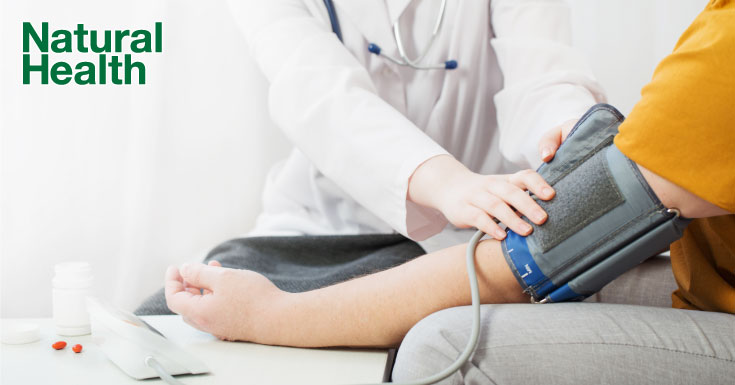Hypertension is amongst the most common chronic ailments we hear about these days. This is when the blood pressure exceeds 140/90mmHg. What is this magic number? Why do we have to keep it in check? And how do we do so?
Blood pressure is the force at which our heart and blood vessels work together to pump blood throughout our body and its organs, and therefore an important risk for cardiovascular disease. There are a myriad of factors that contribute to an increased blood pressure. However, when the blood pressure persistently exceeds 140/90mmHg, a person is then diagnosed with hypertension.
Unfortunately, (or fortunately), hypertension doesn’t usually present with a symptom. Some may have a head or neck ache. Many do not experience anything until they are incidentally diagnosed when they make a visit to their doctors. There are also instances where patients may even present for the first time with symptoms of a stroke.
The common contributors to this disease are age, obesity, a sedentary lifestyle, stress and the lack of quality sleep, a poor diet, smoking, as well as overconsumption of salt, alcohol and/or caffeine. A family history of hypertension also increases a person’s risk of developing the disease.
Most people have their blood pressure checked only when they visit their GPs when they are unwell. Regrettably, many still go about their daily lives without knowing or feeling that their blood pressure is elevated. Screening blood pressure can be done as early as 18 years and above, and once every 2-5 years for a low-risk individual. Whilst persons with risk factors should be screened yearly or even half yearly.
However, it is not necessary for all individuals to be immediately put on anti-hypertensive medications upon diagnosis, depending on their severity and risk factors that they carry. (e.g., type II diabetes, other heart conditions, pregnancy etc.)
Most doctors recommend initial management of hypertension include therapeutic lifestyle and dietary modifications, as well as obtaining regular rest and sleep. This includes at least 150 minutes of moderate pace exercise per week. Results can be evident as soon as 1 to 3 months of regular exercise. Turning to meditation, yoga, deep breathing exercises may help relieve stress and has also shown to improve sleep and in turn lower one’s blood pressure.
Dietary modifications should include reducing food high in salt and MSG, highly processed foods, alcohol, excessive caffeine, saturated fats, red meat, even refined sugar and sugary foods. Rather, consuming more whole, plant-based food and unprocessed lean meats.
While the direct link between cigarette smoking and hypertension is unclear, lighting up a cigarette has shown to increase a person’s blood pressure within minutes albeit temporarily. Studies have also shown that nipping that cigarette bud significantly lowers blood pressure. Therefore, almost always the first advice a smoking patient gets when they are diagnosed with hypertension.
Gone are the days where one would need to visit the GP’s office or hospital to get their blood pressure checked. With various innovative tech gadgets in the market not limited to the home blood pressure monitoring devices, and smart watches, it is essentially convenient to have a blood pressure screened. An alarming reading should signal a visit to the doctors for a proper assessment.
 Dr Ong Syl Fyn
Dr Ong Syl Fyn
Medical Officer
Pantai Hospital Ampang (PHA)


